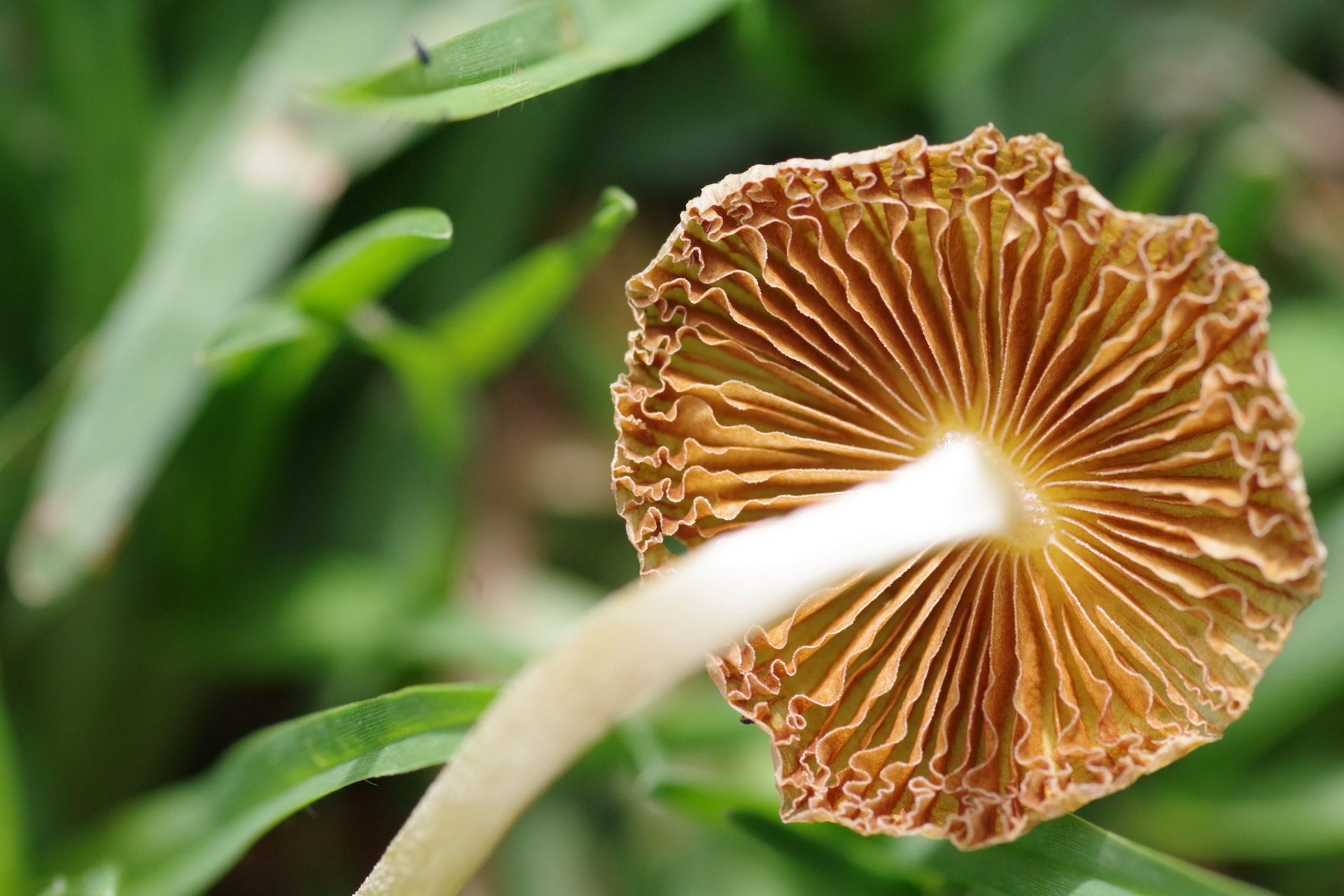Psilocybin is a naturally occurring psychedelic substance found in certain mushrooms and typically grown from psilocybe cubensis spores. It has been used for centuries by indigenous cultures for its spiritual and healing properties. In recent years, there has been a resurgence of interest in psilocybin for its potential therapeutic applications.
A growing body of research suggests that psilocybin can effectively treat various mental health conditions, including depression, anxiety, addiction, and post-traumatic stress disorder (PTSD). Psilocybin therapy usually involves a single or small number of supervised sessions in which the patient ingests a controlled dose of psilocybin.
During these sessions, patients typically experience profound changes in consciousness that can last for several hours. These changes in consciousness are thought to be responsible for the therapeutic effects of psilocybin.
Psilocybin therapy is still in the early stages of research and is not yet approved by any regulatory body. However, a number of small studies have shown promising results, and there is growing interest in this potential treatment option.
Psilocybin works by binding to serotonin receptors in the brain. Serotonin is a neurotransmitter that plays a role in mood, anxiety, and addiction. By binding to serotonin receptors, psilocybin alters the way the brain processes information and can produce profound changes in consciousness.
Psilocybin therapy is thought to be effective for mental health conditions because of its ability to produce mystical-type experiences. Mystical-type experiences are characterized by a sense of unity with others and the universe, a feeling of sacredness, and a sense of peace. These experiences can be profoundly healing and transformative, particularly for people who are struggling with mental health conditions.
A number of studies have shown that psilocybin therapy can be an effective treatment for mental health conditions. One study found that psilocybin was as effective as conventional antidepressants in the treatment of depression. Another study found that psilocybin reduced anxiety and improved the quality of life in cancer patients.
A few studies have also explored the use of psilocybin in treating addictions. One study found that psilocybin was effective in reducing alcohol dependence. Another study found that psilocybin reduced cigarette consumption in smokers.
Psilocybin therapy is still in the early stages of research, and more studies are needed to determine its safety and efficacy. However, the available evidence suggests that psilocybin could be a safe and effective treatment for mental health conditions.
If you are considering psilocybin therapy, it is important to work with a qualified healthcare provider who is experienced in administering psychedelic substances. Psilocybin therapy should only be done under the supervision of a trained professional to ensure that it is the right decision for you.


























